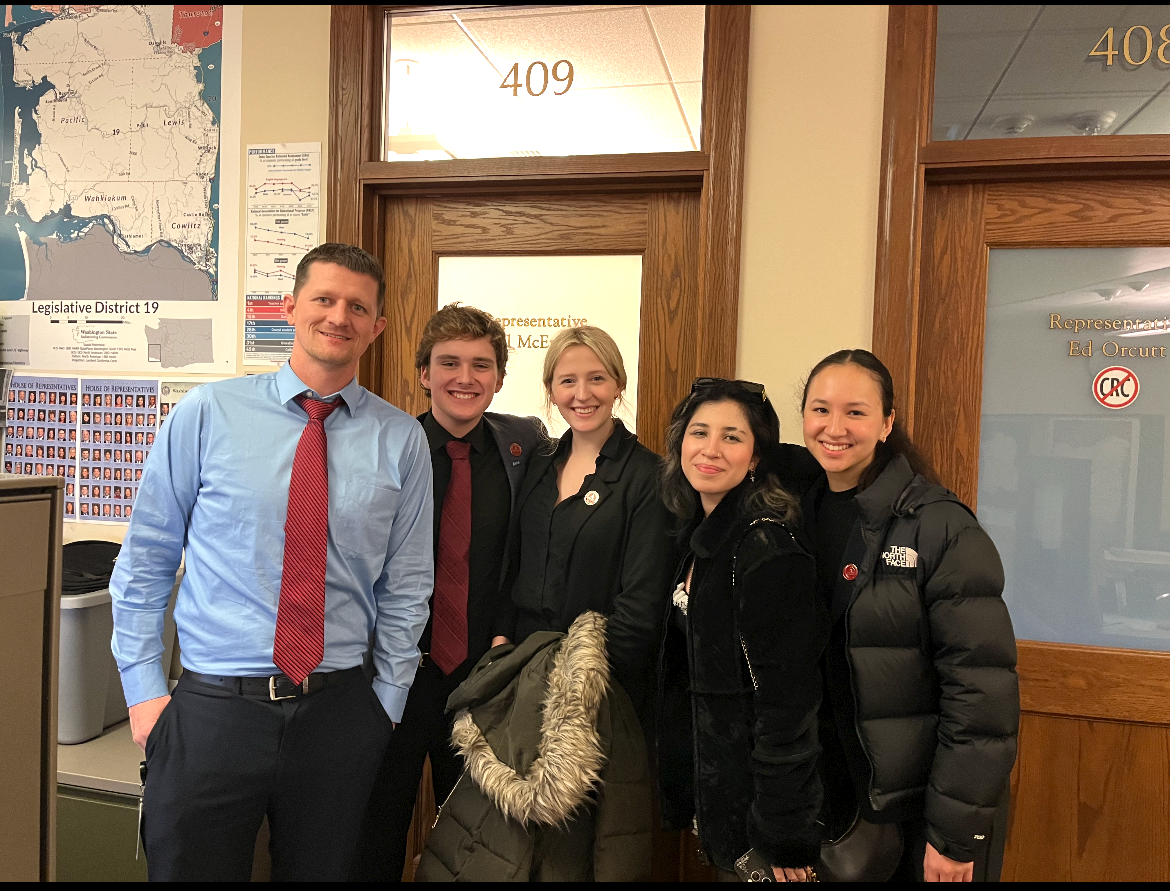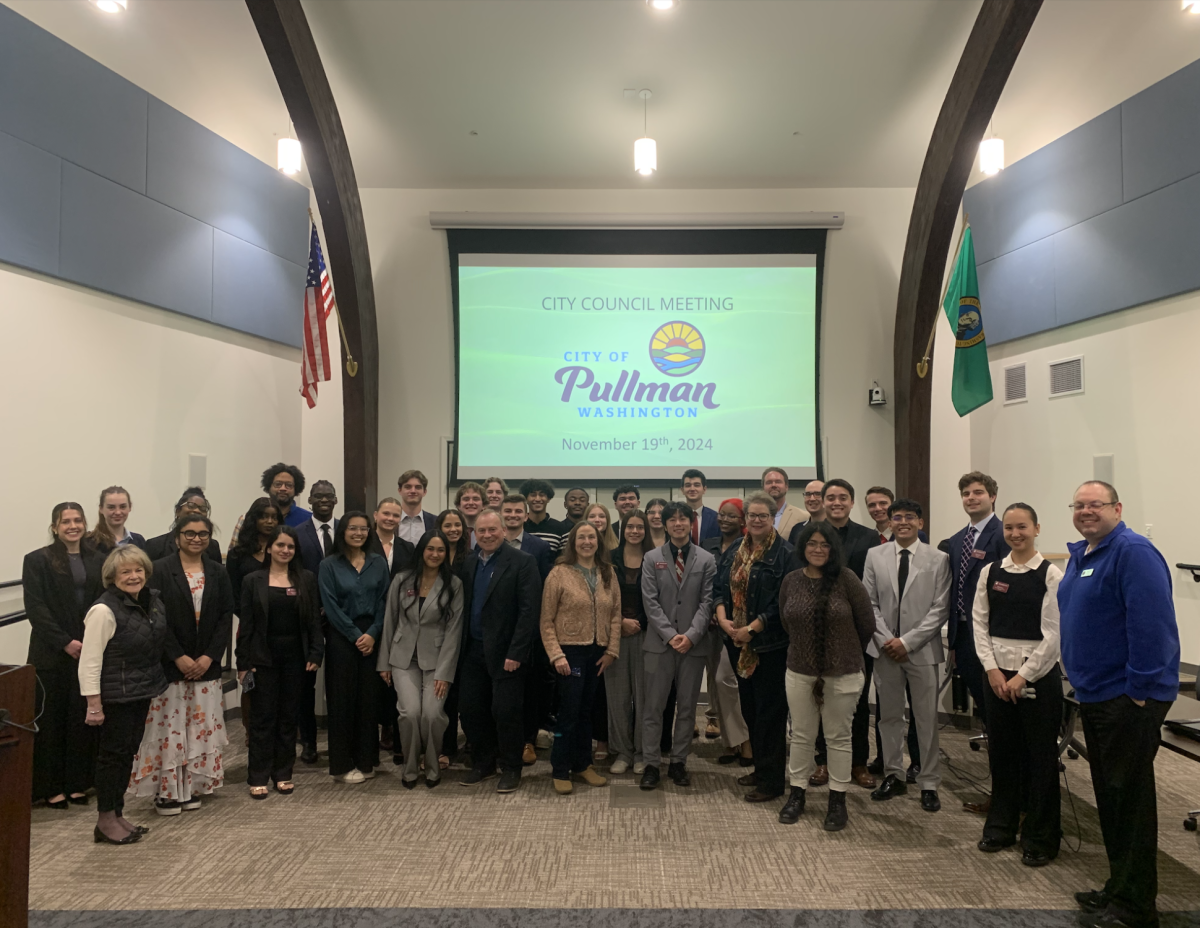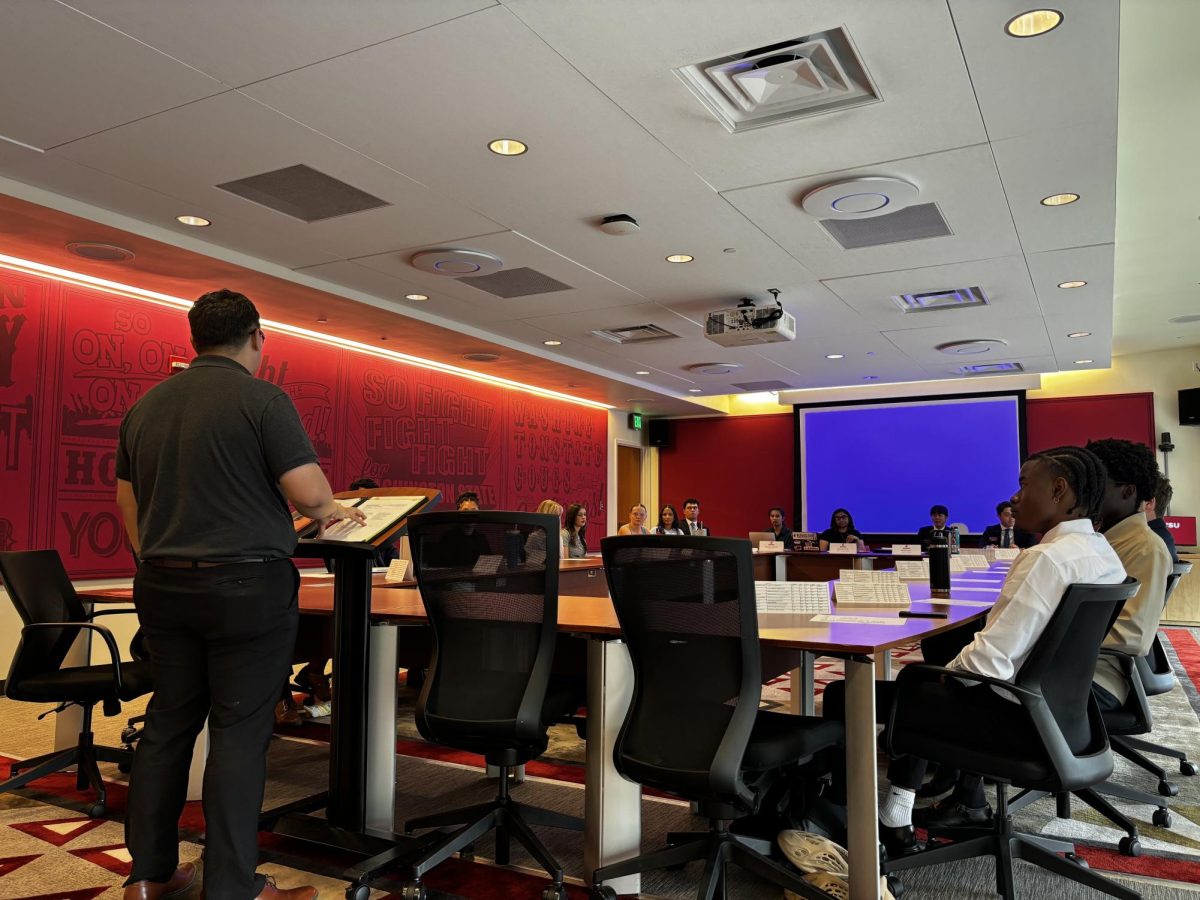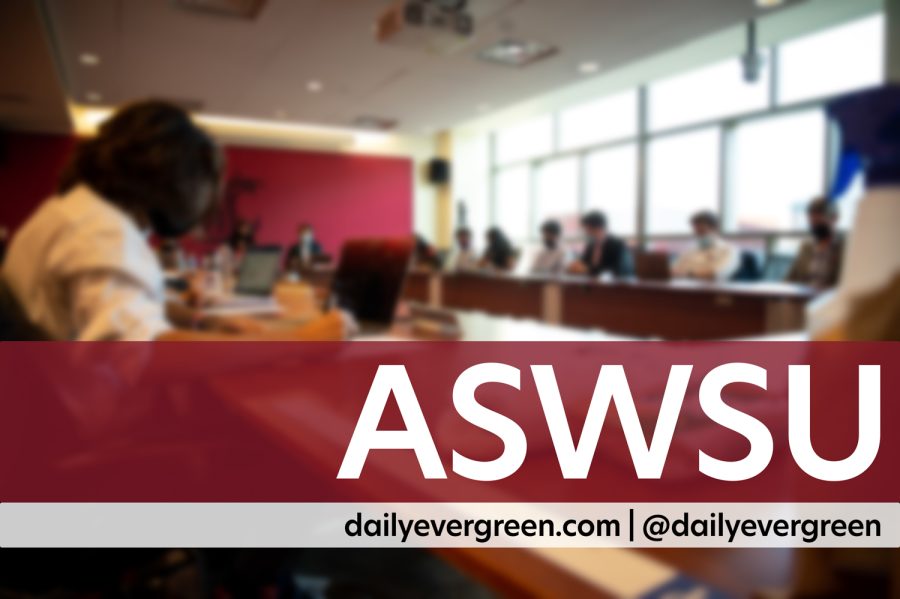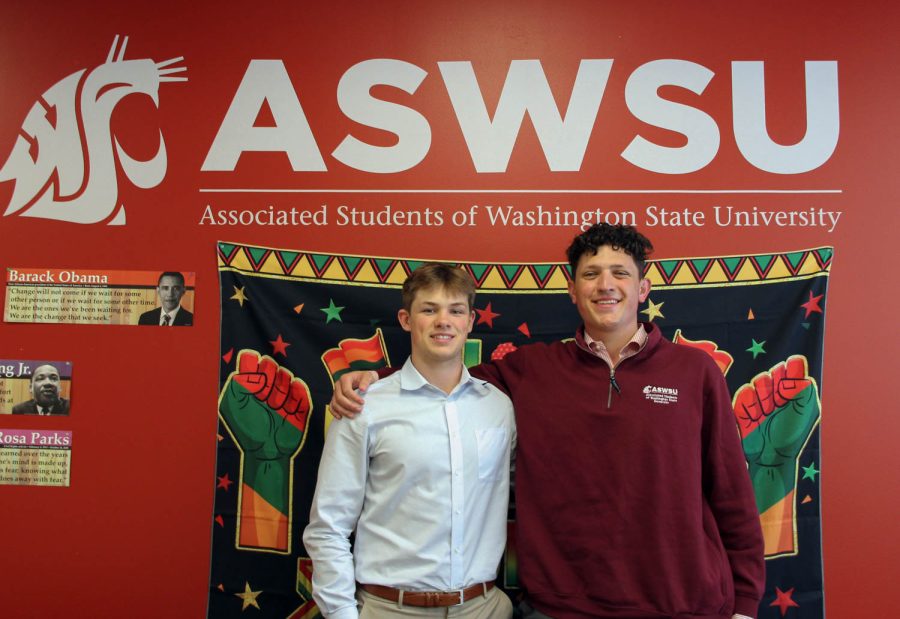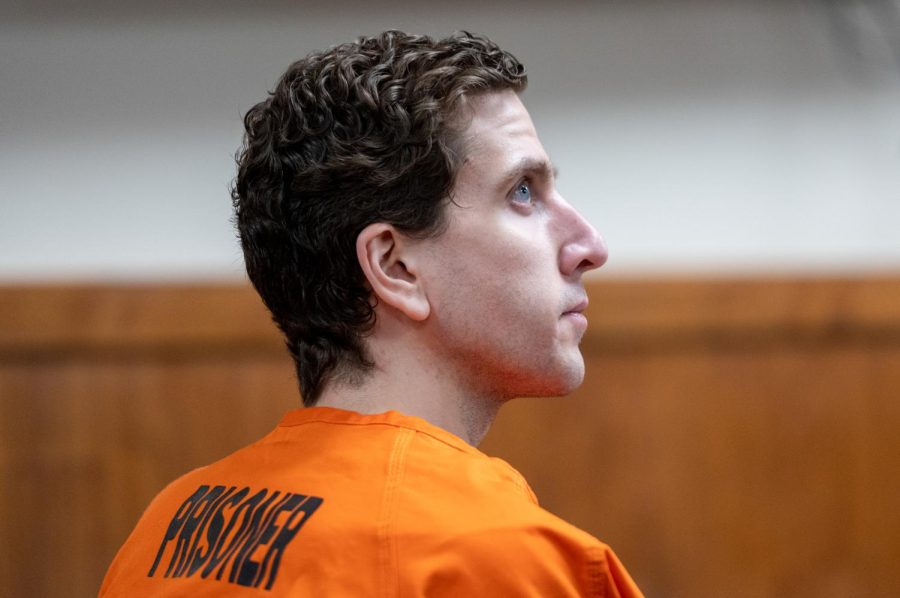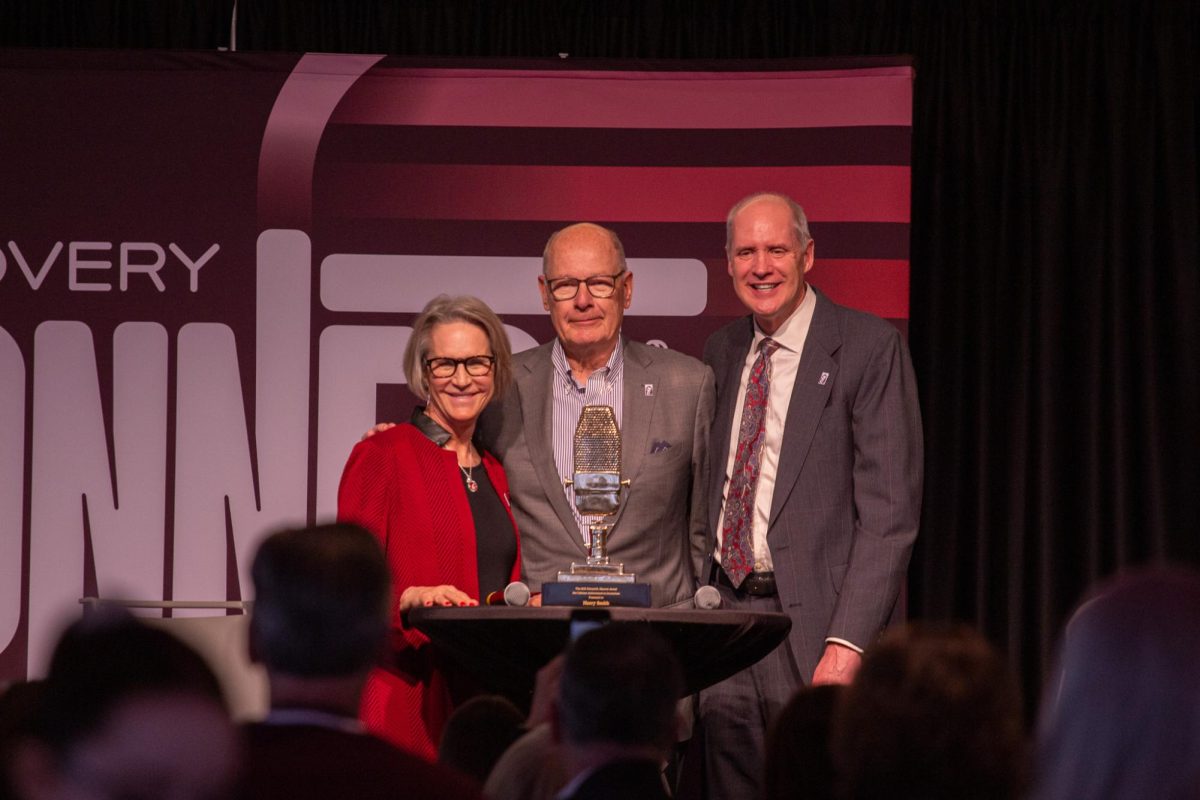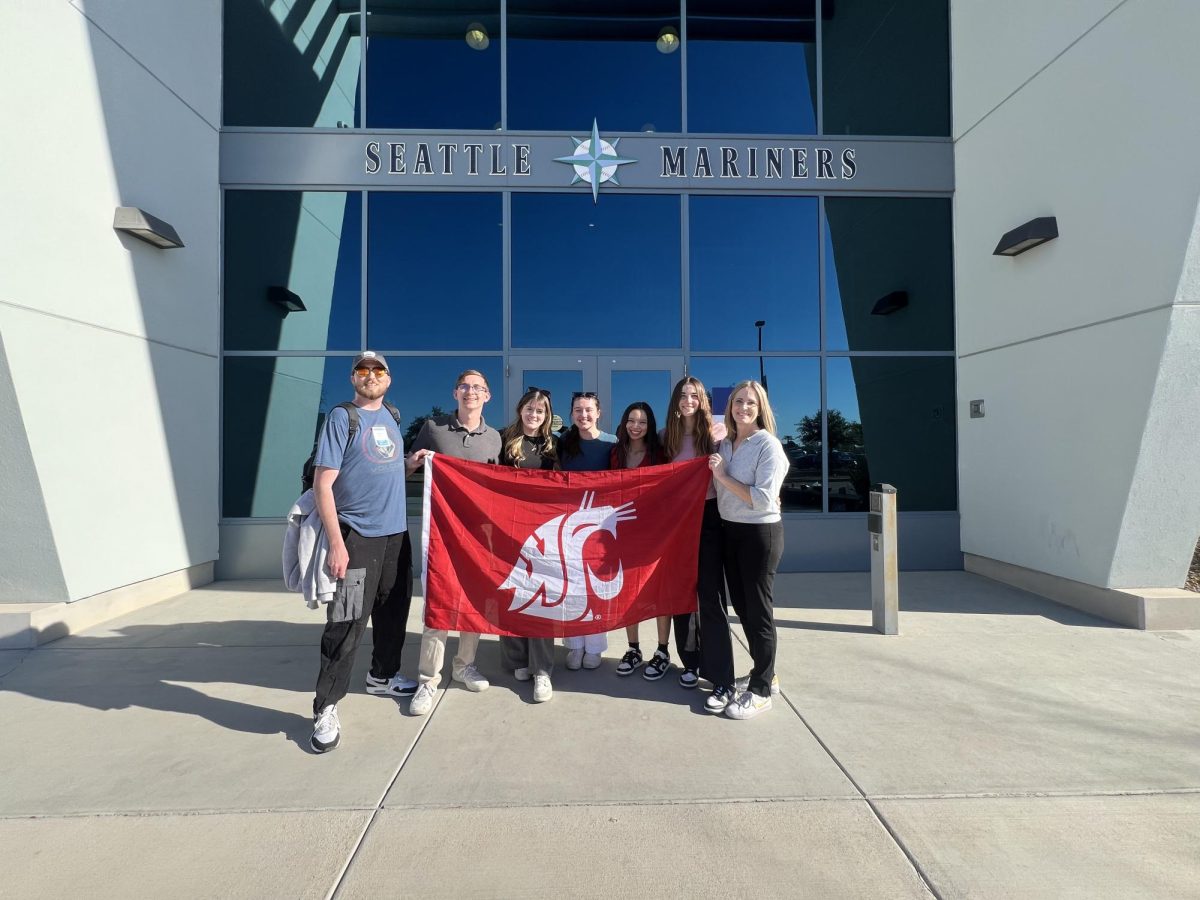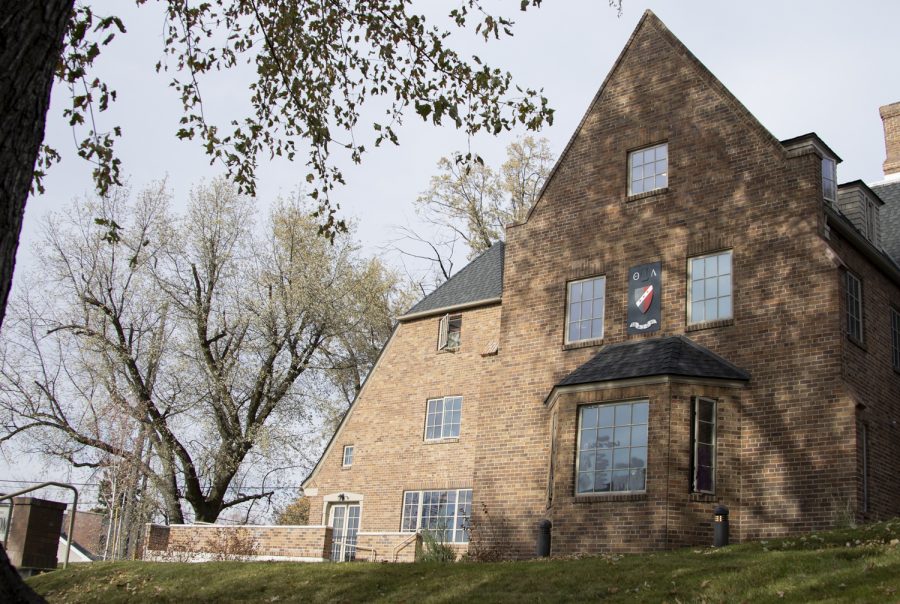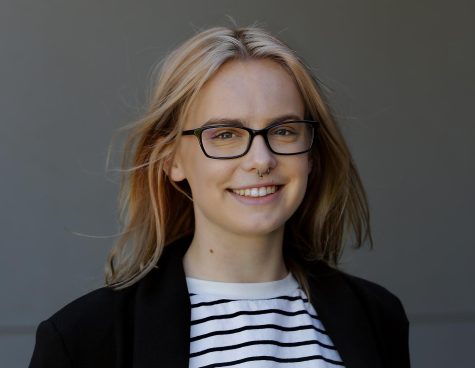The Washington State Legislative session began earlier this month, and ASWSU plans to advocate and provide support for undocumented students throughout the next few months.
House Bill 1889, by Rep. Amy Walen, D-Kirkland, would allow a person who is not lawfully present in the United States to be eligible for multiple licenses and permits as permitted by federal law.
A state agency would not be able to deny someone an application for these licenses and permits based only on their citizenship status, if they meet all other qualifications for the license or permit.
For certain professions, including private security guards, private investigators and others, the qualification requirement to be a United States citizen would be removed.
Collin Bannister, ASWSU legislative affairs director, said he is currently in Olympia lobbying for the bill because, while it would impact the entire undocumented community in Washington if passed, it would be important for college students looking for work after graduation.
Bannister said the bill would allow people who are undocumented to receive professional licenses and specific certificates essential for certain jobs, including healthcare, dentistry and others.
“These fields also happen to be areas where there are workforce shortages,” he said. “Not only is this allowing undocumented students and people to have equitable work and education and make the most of their opportunity, but it also allows the state to fill gaps in the workforce.”
ASWSU Vice President Maccabee Werndorf said there is not a lot of data on how many undocumented students are at WSU, but to ASWSU and other organizations, just one student is enough to be a priority.
But, laws surrounding undocumented citizens make it difficult to provide resources undocumented students need, which is where lobbying comes into play, Werndorf said.
“As students, we have a pretty strong voice in the legislature, and a lot of student government is going to be in politics,” he said. “We have a lot of connections with the state.”
Bannister said he personally knows students who are undocumented and sees how the inability to receive these licenses impact* impacts – jg them.
“They have a lot of other barriers just to get into education at all,” he said. “What it’s really about is removing those barriers and making it so they can have more rights they deserve.”
Crimson Group co-chair Antonio Fajardo-Mora said he came to the United States when he was four years old, and he is undocumented, which makes it harder for him to get a job and become employed.
Fajardo-Mora said because of this, he knows HB 1889 would be beneficial for undocumented workers, including himself.
“I’m here at WSU pursuing a double degree in psychology and comparative ethnic studies,” he said. “I really want to do things with that degree, but it’s also very disheartening to know that because of my status, it’ll be a lot harder and sometimes impossible for me to pursue certain fields without licensure.”
Fajardo-Mora said bills such as HB 1889 are a great way for people to become aware of issues regarding undocumented people.
He came to the United States at a young age, and he grew up and went through the school system here.
“I think that I have as much of a place as anyone to get a job and things like that,” he said. “I was raised in America, I went through the school system, I have worked so hard to get to where I am, here even at WSU.”
Fajaro-Mora is involved in multiple different clubs and organizations, including the Crimson Group, which is a support and advocacy group for undocumented students and allies.
The group aims to educate the community about issues related to immigration as well as other situations, including success within the state legislature, he said.
Bills such as HB 1889 should be more widespread, and Fajaro-Mora said he is glad it is being brought up in Olympia and other places.
He went to Olympia on Monday to speak with senators and representatives about bills going through the legislature, and while it is intimidating, it is still important, he said.
“I feel like with bills like this, it’s worth it because you know that you’re not only helping yourself if you are undocumented, but you’re helping out families across the United States who are just here to live a better life and will create better futures for their children,” he said. “That just lifts a weight off their shoulders.”
Fajaro-Mora said the support the Crimson Group, and undocumented students in general, are receiving from ASWSU is beneficial because they are reaching out to people who are directly impacted by the bills they are lobbying for.
Not only is ASWSU supporting undocumented students, but they are supporting other groups such as Native American Indigenous students through bills they are lobbying for as well, he said.
By reaching out to students who are directly impacted by the bills they are lobbying for. It allows the people involved with ASWSU to better understand the topics the bills touch on, Fajaro-Mora said.
“It shows that they’re actually putting in an effort to get suggestions and ideas and just educate themselves on how these bills will benefit the people who identify with what these bills are aiming for,” he said.


